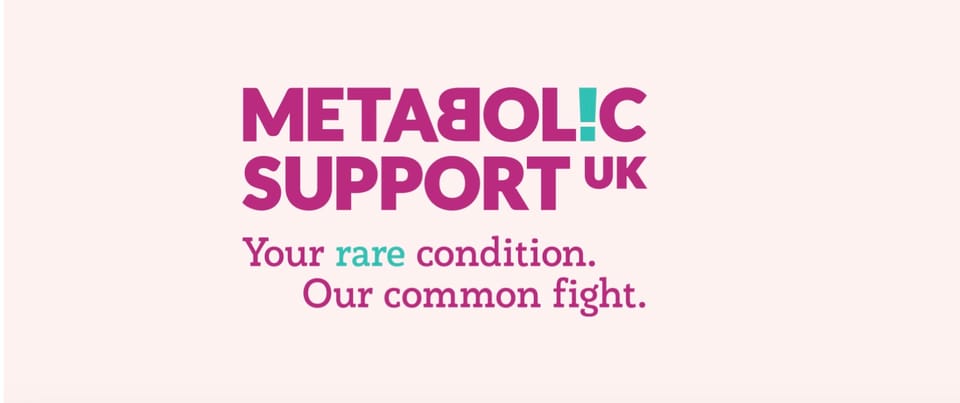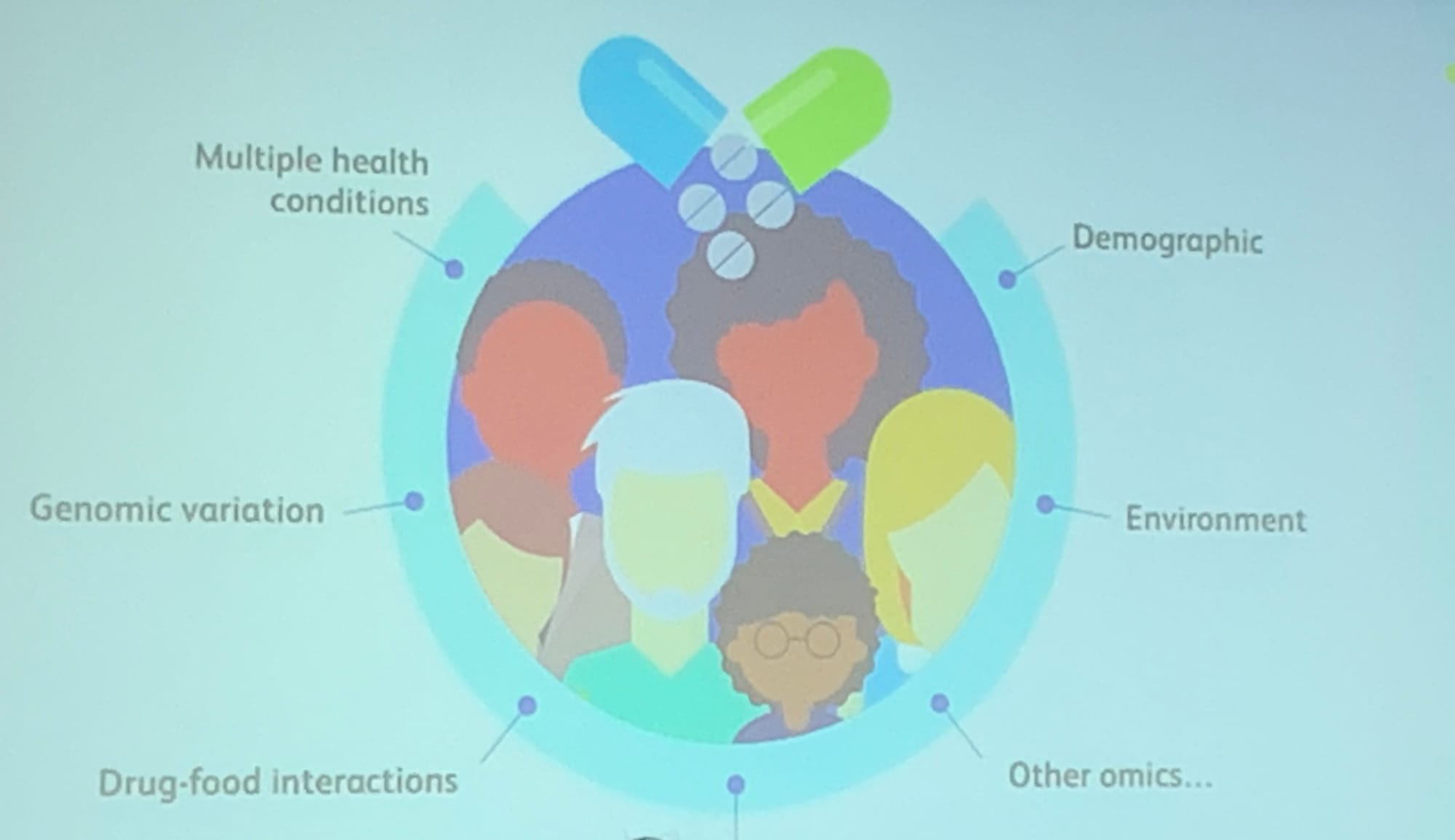Metabolic Support UK

MSUK supports people and families with Inherited Metabolic Disorders (IMDs), like PKU, since 1981. Think NSPKU, but for all IMDs.
Started by patients, now global
Similar to the NSPKU, MSUK was started by a family trying to find information about their child’s rare disease. However, MSUK encompasses all IMD’s, of which PKU is the most common. This small team supports:
- more than 40,000 people,
- with over 500 conditions,
- in 195 countries.
MSUK Conference 2024
The MSUK conference was a free, one day event held in Birmingham. The event kicked off with a presentation on the financial support which families with rare IMDs might be eligible for in the UK. I have reported on this in a separate blog.
Genomics & you
This joint session looked at the future role for Genomic medicine in the NHS. Thankfully, there was also a simplified explanation of the difference between a gene, a genome, genetics, and genomics.
- A gene is a specific sequence of coding DNA for a single molecule.
- Genetics is the study of heredity, and the function and composition of single genes.
- A genome is the complete genetic information for an organism (e.g., for a whole human).
- Genomics is the study of the complete information for an organism, and includes both genes and other DNA.
As an example, each person’s genome is about 0.1% different from anyone else. However, that small percentage equates to about 3 million differences in the DNA, and gives us all the variety in humanity.
Genomics in the NHS
There is a branch of the NHS called the NHS Genomic Medicine Service (GMS). They plan to embed genomic technology into the NHS to improve health at a personal and societal level. They plan to deliver genomic testing for improved outcomes in IMDs. (They are working on genomics in other areas, like cancers, but I will stick to the stuff on IMDs in this blog.)
Tony Thorburn is chairing a group to ensure that patients have a voice in the process. He is working to improve patient trust in AI in healthcare through communication, transparency, and improving the accuracy of AI predictions.
Genomics and nurses
Philandra Costello took over the presentation. Her role is to embed genomics in healthcare for nurses to accelerate the development of genomic medicine in the NHS. Of particular interest is the field of Pharmacogenomics, or how a person’s DNA affects their response to medicines.

The Generation Study
There was a fascinating talk by Dr David Bick of Genomics England on their Generation Study. This is a project which aims to test the placenta to test babies at birth for 200+ conditions. At present, newborn screening in the UK only tests for 9 rare conditions.
I do hope this project goes ahead. You can register your interest, and find more information at https://www.generationstudy.co.uk/.
March 2025
This was my first visit to the MSUK conference, and it won’t be my last. It isn’t often that PKU is the most common condition being discussed, and it was lovely to meet a wider community and share our experiences. The plan is to meet in Stoke-on-Trent in March.
You can find more news from MSUK, and sign up for their monthly newsletter, at: https://metabolicsupportuk.org/news-and-events/

Member discussion